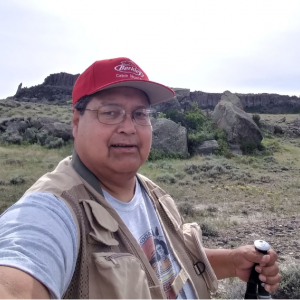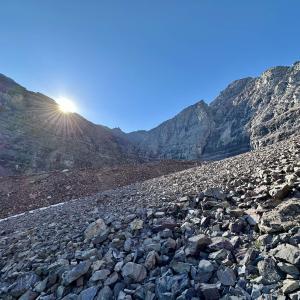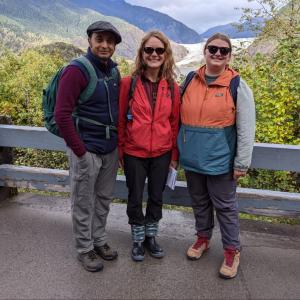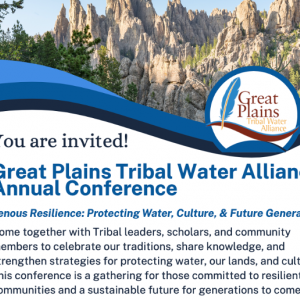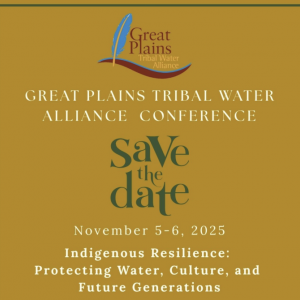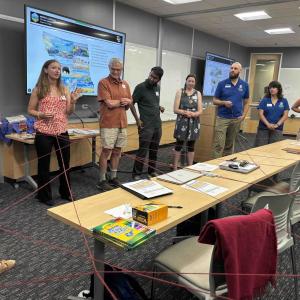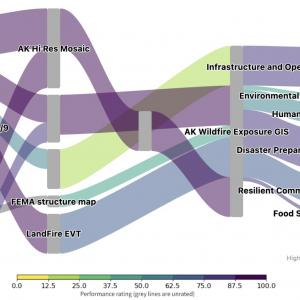News
NC CASC attends Annual CASC Consortium Meeting
Earlier this month, three NC CASC team members traveled to Juneau, Alaska for the annual CASC Consortium Meeting. Members of nine regional CASCs and the National CASC convened to discuss topics including short- and long-term challenges to the CASC network as well as strategies to mitigate them.




